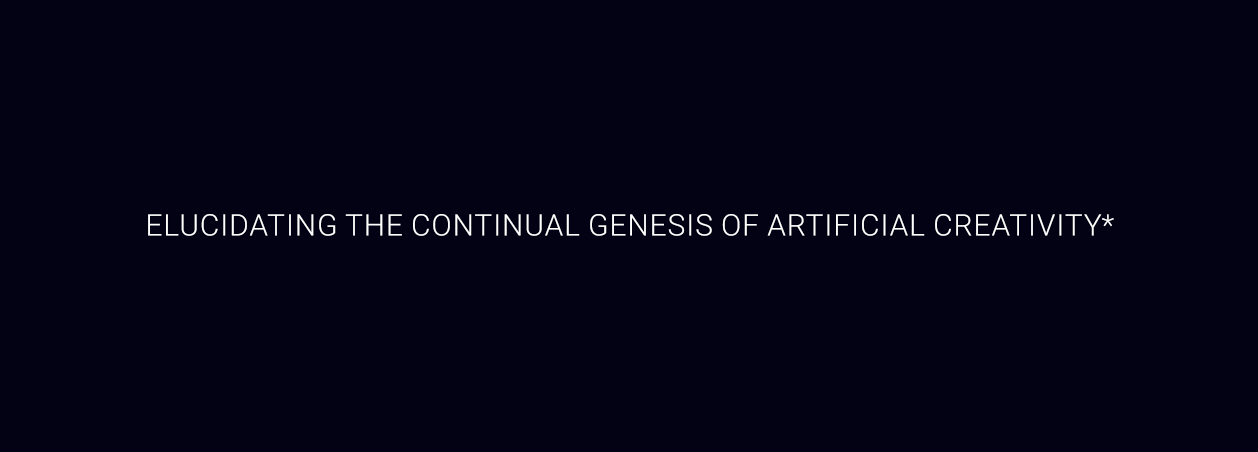Fiction isn’t just escapism
Enrico Klos
Some may argue that most fiction and the act of reading itself are escapist pursuits. Escapist fiction is fiction that permits the reader to escape the ennui of the real world by providing a psychological escape by immersion into a new alternate reality But fiction isn’t just escapism.
Although fiction uses fantastical imagery, it reflects on our world, hierarchies and biases. When the psychologist Raymond Mar analysed 86 fMRI studies, he saw substantial overlap in the brain networks used to understand stories and the networks used to navigate interactions with other individuals. In particular, interactions in which we’re trying to figure out the thoughts and feelings of others. It may be true that the story that you’re reading about never happened, however the emotions it evokes are real. You temporarily are involved in the longing and frustrations of these characters. You see qualities of the characters that you can see in yourself or maybe you see these qualities in others around you. American psychologist Jeffrey M. Zacks is suggesting that readers create vivid mental simulations of the sounds, sights, tastes and movements described in a textual narrative while simultaneously activating brain regions used to process similar experiences in real life. I may not know what it’s like to experience time travel but I can relate to the feeling of being lost and alone. Stories make sense of disorientation, and re-orientate ourselves in the face of disappointment or triumph. Stories are also discourse, stories are neither true, nor false, neither fiction, nor fact.
Besides fiction having a positive influence on empathy, fictional storytelling also allows for an insight into human behavior. Norwegian psychologist Frode Stenseng categorizes escapism based on their respective outcomes: self-suppression and self-expansion. He states that it can be healthy to seek temporary escape from reality. Science fiction is able to act as a platform to help broaden your perspectives, because sometimes it unconsciously exposes us to social, political and economical systems and problems in a different or abstract context. This is illustrated in Star Wars, which tells the story of a fight for freedom against strong authority. Producer from Star Wars, George Lucas, has expressed that the dictator in the trilogy was directly inspired by Richard Nixon.
Besides fiction being rooted in reality for the individual, fiction also reflects society and its social structures and systems. As Pendleton-Julian and Brown said: The originating ‘what if’ proposition of the worldbuilding is the seed for a multitude of question about all aspects of the world: “It’s natural sciences (physics, chemistry, biology, zoology, topography, geography, ecology); It’s social structures (behaviors of individuals, communities, institutions and religion); It’s culture (language, art and architecture, music and metaphysics); It’s technology and artifacts; infrastructure and energy; economics and trade; history; disease and health.” Fiction comments on reality, and is always rooted in reality. What does society culturally value? What does society materially value? And how do people exert political power?. These structures are visible in almost all fiction. The long running novel series: Overlord, written by Kugane Maruyama, is a good example of this as it shows a from the ground up, complete form of worldbuilding. It contains countries with individual religious systems, politics, military power and cultural values and social hierarchies. In the book series, one of the ways this is illustrated is by the Re-Estize kingdom which suffers from constant political disorder due to a confrontation between the royalty and nobility factions, virtually dividing the country in two.
These forms of worldbuilding in fiction add depth, details and all kinds of new perspectives into the story but also allows us to see and experience these different perspectives. The societies, structures and cultures of these worlds, allows us in turn to grow and learn with it. This could broaden our empathic and social skills or act as a more subtle way to indirectly influence your existing perspectives by experiencing new ones. The stories we read are a reflection of our world. In a more abstract sense it is about the reality of being human, and everything in the world around that. Fiction isn’t escapism, just like any other form of literature it is so much more than that.

